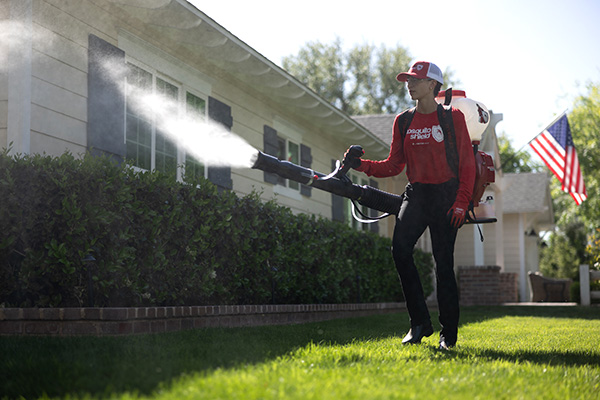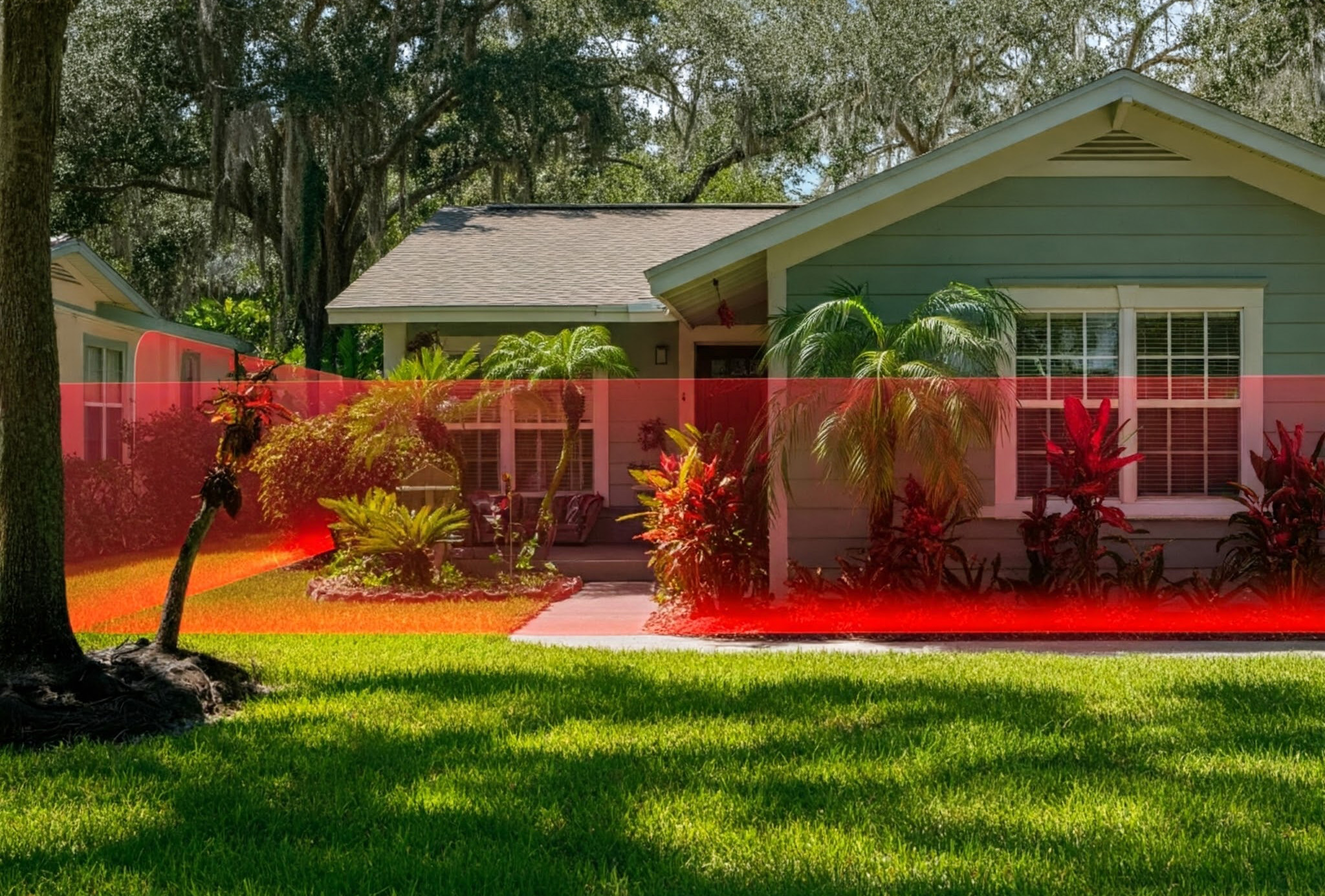Experience relaxation and peace in your backyard with our proven mosquito control solution. Trusted by families in Bennington, our innovative approach not only repels mosquitoes but also establishes a durable barrier customized to your outdoor environment. Mosquito Shield of Omaha, NE is dedicated to creating mosquito-free zones, so you can enjoy your outdoor spaces without interruption.

Effective mosquito control in Bennington, NE, that drives mosquitoes away and keeps them out of your yard.

Enjoy mosquito-free outdoor time in Bennington with treatments designed to provide lasting results.

Highly rated mosquito control services in Bennington, trusted by residents to enhance outdoor living.

Bennington, Nebraska, is a suburban city northwest of Omaha in Douglas County, featuring residential neighborhoods with wooded buffers, retention ponds, drainage ditches, and nearby creek corridors. These green and water-prone landscapes, combined with humid summers and frequent rainfall, create favorable conditions for both mosquitoes and ticks.
Bennington’s wooded yards, stormwater ponds, creek edges, and grassy buffers support elevated mosquito and tick activity during the warm months.
Residents face mosquito‑borne risks such as West Nile virus, with Nebraska health departments conducting surveillance and trapping from June through September. Tick‑borne illnesses—including Lyme disease, Rocky Mountain spotted fever, ehrlichiosis, and tularemia—are prevalent across the region and tied to common vectors like American dog and lone star ticks.
Recommended prevention strategies include:
Combining professional pest control with homeowner diligence and public health guidance is essential to maintaining safe outdoor living in Bennington year‑round.

The weather in Bennington falls under Nebraska’s humid continental climate—warm, humid summers with periodic storms and cold winters. Mosquito season typically runs from late spring through early fall, with state mosquito counts in mid-July up approximately 66 % over last year’s average—raising concerns about West Nile virus risk. Tick season in Nebraska is most intense from April through October, particularly in May–June when outdoor exposure increases—and after a mild winter, activity may start earlier.

